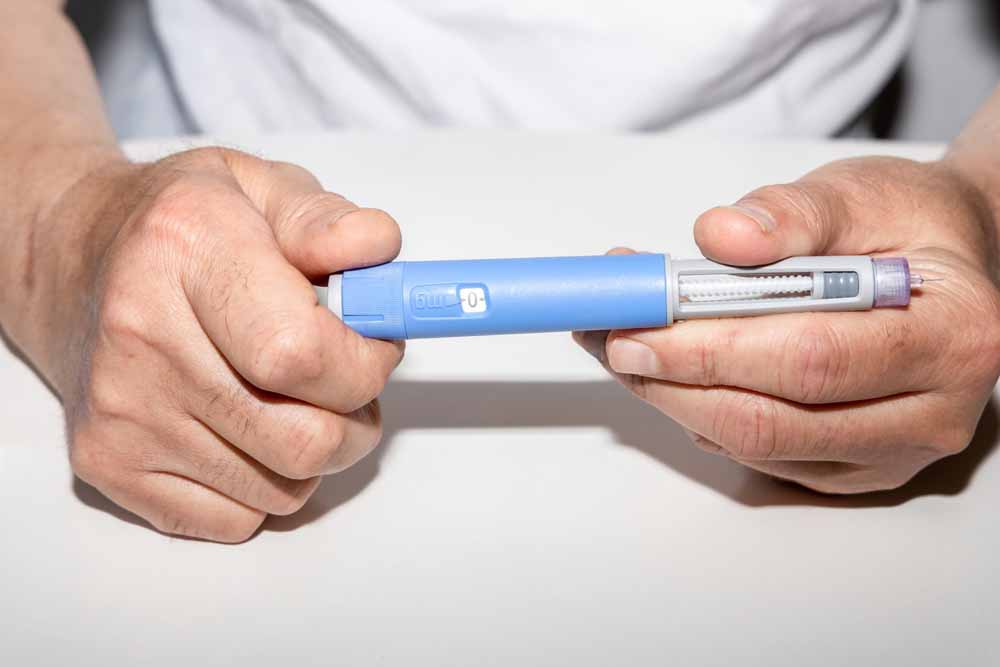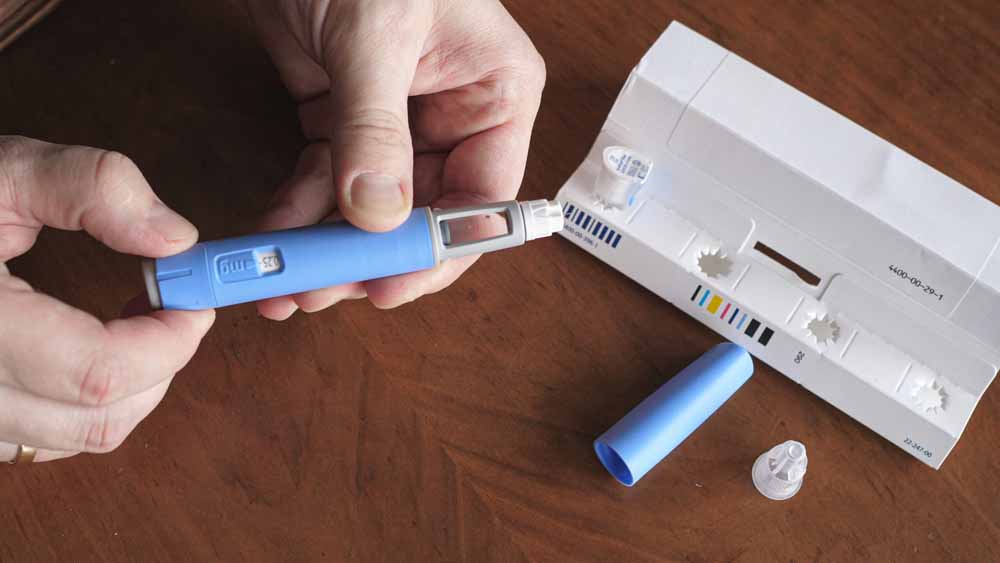Seven Boating Safety Tips That Could Save Your Life
Most people don’t think of Arizona as a “mecca” of boating, but between our lakes and our proximity to both Mexico and Southern California there are plenty of Arizonans who like to spend time on the water. So with summer here I want to provide some useful information on how to stay safe while boating.
Each year hundreds of lives are lost on U.S. waterways and thousands of people are injured in preventable accidents. You do not want your fun day on the water to turn tragic because of a lack of boating knowledge, so follow these seven safety tips in order to have an amazing day.
- Always wear a right-sized, U.S. Coast Guard-approved life jacket. Everyone on the boat should have a US Coast Guard-approved/UL-Listed personal flotation device (PFD). This is a life jacket! Make sure that each PFD is appropriate for each passenger’s height and weight. This is a must. The USCG estimates that life jackets could have saved the lives of over eighty percent of boating fatality victims.
- There are no substitutions for a real life jacket. Do not choose to substitute life jackets with inflatable toys, rafts, and other devices that are not approved by the US Coast Guard.
- Don’t allow too many passengers on your boat. More than half of all boating fatalities are caused by either a boat capsizing or someone falling overboard, and both of these events are directly related to having too many passengers on a boat.
- Account for all passengers before starting the boat.Many boaters don not realize how common and how dangerous propeller strikes are. When people are in the water, ask one person to propeller-watch. Consider additional propeller-safety devices, such as guards or sensors.
- Carry safety equipment on board. Every boat should be equipped with a first-aid kit, a tool kit, a horn or whistle, flares, a fire extinguisher, a marine VHF radio, an extra dock line or two and a throwable flotation device.
- Make a float plan. Having a float plan could save your life and the lives of your passengers. A float plan is a document you leave with someone on shore describing your boat, equipment, itinerary and passengers. In an emergency, a float plan can help guide search and rescue teams. The USCG Auxiliary website offers a downloadable float plan: floatplancentral.cgaux.org.
- Drink responsibly. Alcohol was listed as the leading contributing factor in fatal boating accidents in 2008. The best approach is to save alocohol for later. The likelihood of being in a boating accident actually doubles when alcohol is involved.
As the owner of Zanes Law and as a personal injury lawyer who has been helping people for twenty years, I have seen people make the above boating mistakes. So if you have been injured in any way, please call us and we will do our best to help you just like we helped our many clients who have left us 5-Star Google reviews




